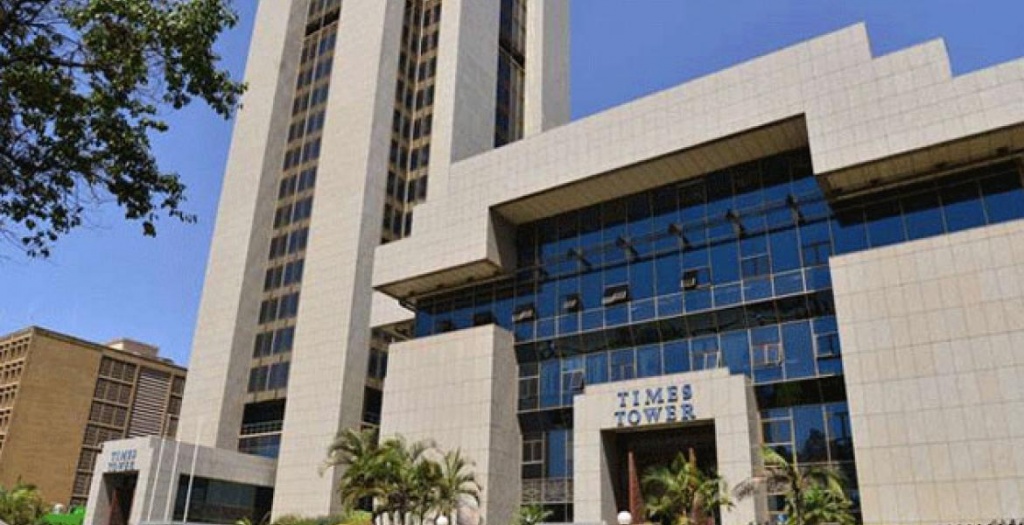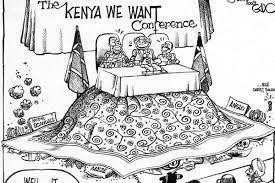Times Tower building in Nairobi, Kenya/ Courtesy.
NAIROBI, Kenya May 17- The Kenya Revenue Authority (KRA) has lost its bid to collect billions from betting firms for the period between 2018 and 2019 following a High Court ruling.
High Court judge David Majanja ruled that during the period, tax on winnings did not involve the amount wagered.
Justice Majanja upheld a decision by the tax appeals tribunal made back in 2019 which found that the taxman could not collect withholding tax that ought to have been deducted by the KRA directly from the punters.
“Consequently, I, therefore, find and hold that during the subject years of 2018 and 2019, the [KRA] commissioner could not collect the withholding tax that ought to have been deducted by the Respondents from the punters and that all the commissioner could do was seek the same from the punters directly,” the judge said.
The KRA had initially demanded that both the amount wagered and the amount won be taxed as winnings but High Court judge David Majanja said the taxman’s argument was ambiguous as the definition of winnings was not provided for in law then.
The taxman had targeted a number of betting firms in the country including Betin, Betika and SportPesa with notices to pay billions of shillings in taxes due.
KRA even went ahead to freeze the firms’ bank accounts.
Additionally, KRA also shut down the betting firms’ trading accounts with Safaricom’s M-Pesa, a move that saw Betin cease operations.
In June 2019, the KRA demanded payment of Sh1.7 billion from Betika, claiming it was arrears on account of the newly introduced 20 percent withholding tax on winnings.
The betting firms objected to the demands, arguing that the KRA had erred in interpreting winnings to include the stake placed by a punter.
In its ruling, the tribunal said winnings, as stipulated in the Income Tax Act, referred to payouts by the betting firms but do not include amounts staked by the gambler.
Before July 2018, winnings from betting and gaming were not charged as income but Parliament later amended the tax laws and defined winnings as the difference between payouts made and stakes placed in each month, for each player, payable to punters by bookmakers.
Further amendments provided that winnings be considered as income from management or professional fees, royalties, interest, and rents and imposed a 20 percent tax on winnings.
The judge found that back then, the law did not state or set out what constitutes winnings and how to compute the winnings.
“In the case of such ambiguity, the interpretation and resolution must be in the taxpayer’s favour,” he said.
Justice Majanja said if Parliament intended to define winnings to include both the wager and the profit, it would have stated so.
Kenyans spent Sh169.1 billion to place bets through Safaricom’s M-Pesa in the year to March, underlining the gambling craze that has become a national pastime.
The telecoms operator’s disclosures show that the value of bets jumped 23.8 percent from Sh136 billion a year earlier, defying a government clampdown on gambling through the imposition of higher taxes both on the companies and punters.
Sports betting is popular among the youth, with some funding their gaming addiction with a stream of loans from banks and digital lenders.


















